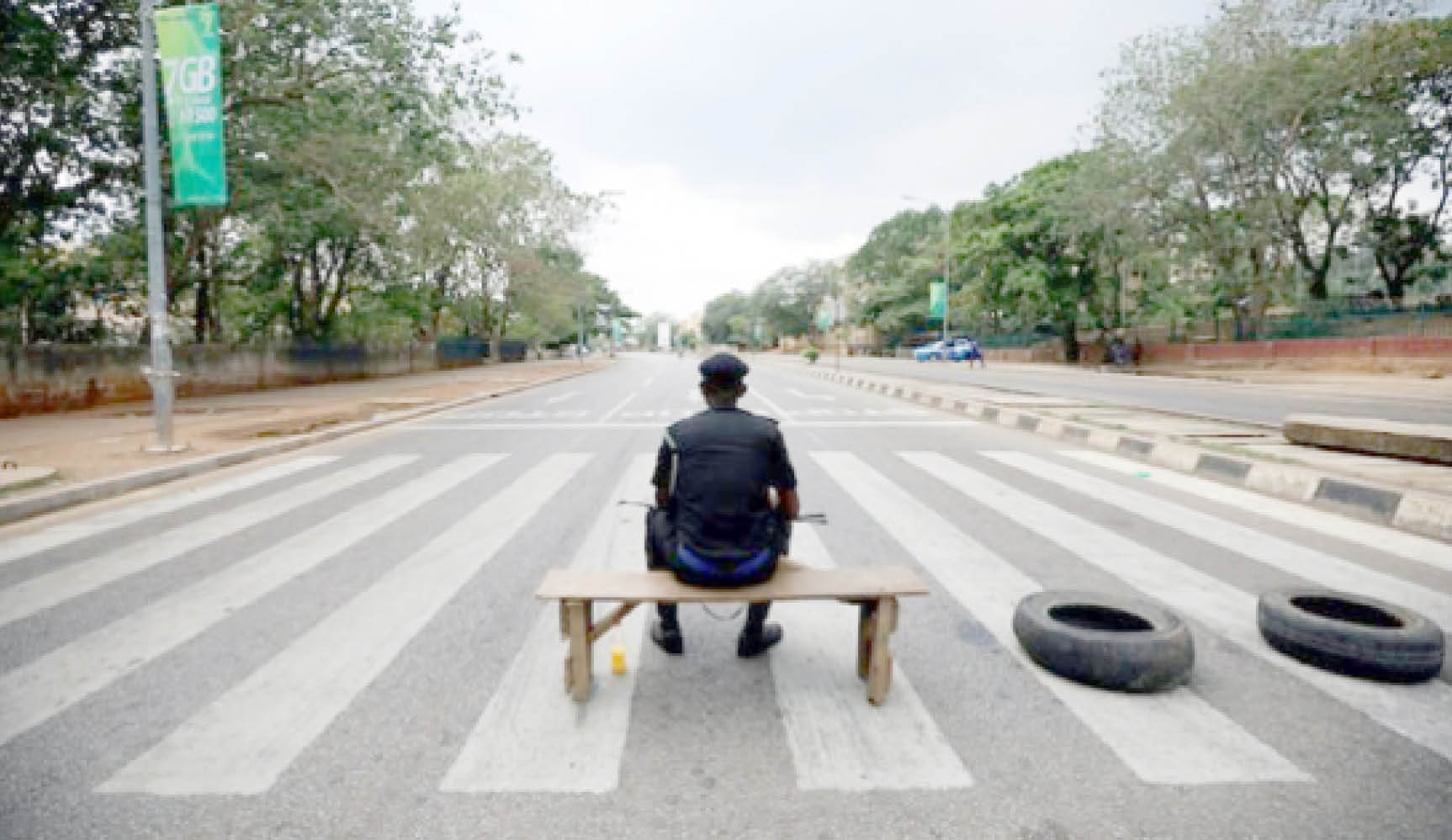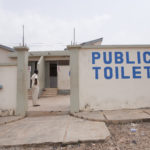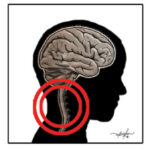A phased restriction of movement, including a nationwide curfew, went into effect from Tuesday May 11 nationwide in response to the surging cases of coronavirus infections.
It comes after the Presidential Steering Committee on COVID-19 reviewed the country’s response, considering the rising trend in several countries and the high risk of a resurgence of cases in Africa.

What is involved in the phased restriction?
- A nationwide curfew has been imposed from 12 midnight to 4 am.
- Gatherings outside workplace settings are to be restricted. Only a maximum 50 people can stay in an enclosed space—for weddings, funerals and such). Beyond that number, organisers will have to secure express permission of the state government.
- When such gatherings are approved, they must be held in adherence to nonpharmaceutical interventions—that means, face mask, physical distancing, hand washing.
- International passengers arriving from any country must go under a seven-day quarantine.
- International passengers arriving from specific countries with high case burdens must undergo institutional quarantine.
- Temperature checks and “no mask, no entry” policy must be enforced in all public spaces, workplace buildings, businesses, places of worship, recreational facilities, motor parks and markets.
- Anyone not wearing facemasks should be denied access to government or commercial premises.
- Resumption of work for government staff on grade level 12 and below remains restricted.
- Government meetings are limited to virtual platforms as much as possible.
- Event centres, bars and night clubs remain closed until further notice.
- Restaurants are to provide eat-in services at 50% capacity, and provide takeaways, drive throughs and home delivery.
- Schools are to observe all non-pharmaceutical interventions—physical distancing, handwashing, face masks.
- In addition, school with accommodation facilities to consider having approved rapid diagnostic tests for ease of testing.
- All gatherings linked to religious events must operate at less than 50% capacity to ensure physical distancing.
- Gatherings of more than 50 persons must secure permission and be held outdoors.

Rationale for phased restriction
Nigeria has already restricted flights from Brazil, India and Turkey, following recommendations by the steering committee.
All three countries have seen high incidence, high fatality rates and widespread prevalence of variants of the coronavirus, amidst rollout of vaccination.
Nigeria has begun inoculating citizens but a shortage in global supplies—which have been affected by the rising trend in India, with more than 4,200 daily infections—is cause for worry.
“This translates to a delay in vaccinating a large proportion of the population, and therefore a risk of a large outbreak especially in the context of poor adherence to the recommended public health and social measures,” according to the Nigeria Centre for Disease Control.
Some 47 new infections nationwide have been recorded by Tuesday, brining the country’s total to 165,515 confirmed.
A total 2,065 people have died since the pandemic began.

 Join Daily Trust WhatsApp Community For Quick Access To News and Happenings Around You.
Join Daily Trust WhatsApp Community For Quick Access To News and Happenings Around You.

